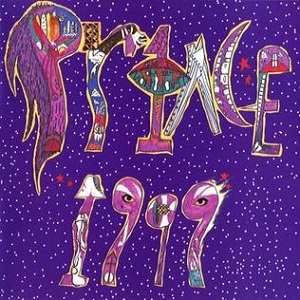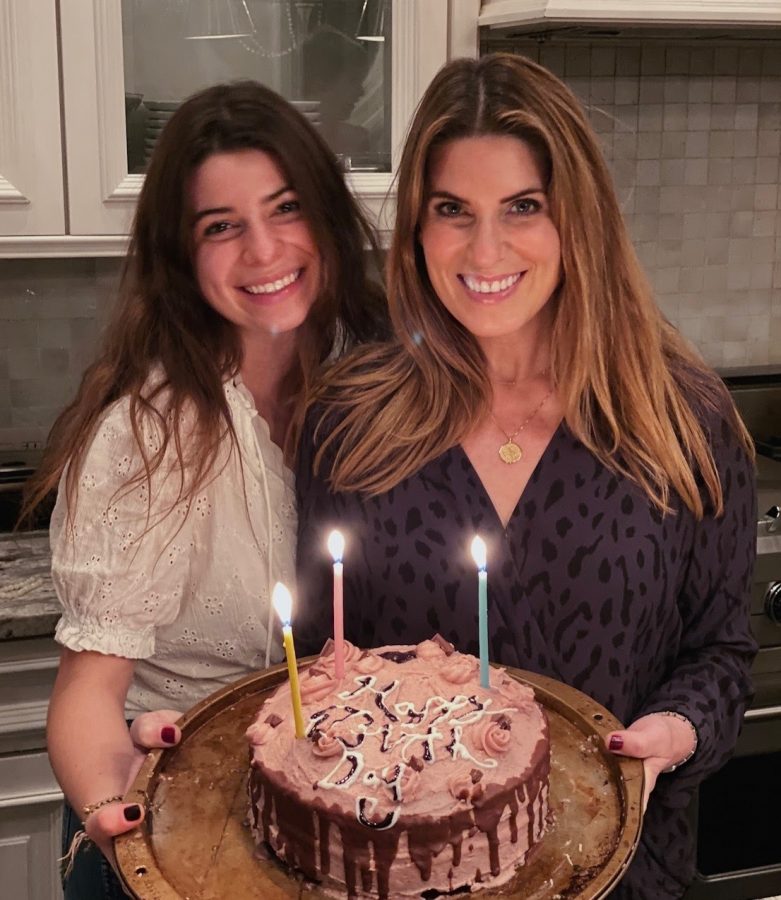1999, the fifth studio album by Prince, released on October 27, 1983, in the United States. This review will be a little different from the previous ones, for instead of trying to follow a story throughout the album lyrically, we will instead follow the musical themes as I will try to dissect the genius of this album. First though, let me give you some context. Prince had released his first album, For You, in 1978, with a follow-up self-titled album the next year. While these first two albums are great R&B albums, his next album Dirty Mind would set the trend for what a Prince album could be. Controversy continued to expand on the political and new wave themes of its predecessor, but to me, 1999 is the perfection of who Prince was at the time. With that being said, let’s get into it. We kick off with the title track, “1999,” a “party anthem” about the apocalypse that plays into the Y2K fears. During the verses, the harmony is broken up for the first three lines between Jill Jones and Lisa Coleman, Dez Dickerson, and finally, Prince himself (who, by the way, played all other instruments on this song and most of the album). On the fourth line, they all join together. From the instrumentation alone, you can start to hear how he blended the sounds of new wave and funk to create the Minneapolis Sound (perfected by himself and his protégés, such as The Time and Sheila E). Up next is “Little Red Corvette,” another synth-pop cut released as the second single from the album. Lisa and Dez return on background vocals, with Dez performing the iconic guitar solo. This song builds to an epic third chorus and breakdown, with some heartfelt vocals from Prince. We see another chorus before the outro and fadeout. Following this is the synthpop blues “Delirious,” which was also released as the third single. We get some greater vocal work from Prince and some well-structured harmonies and melodic motifs in the keyboard. Next is yet another single from the album, “Let’s Pretend We’re Married.” While lyrically, it starts out like any other pop song of the day, the lyrics get more and more explicit as the song continues, with music reflecting this. After your standard pop song fare, we get a lengthy instrumental section, highlighting Prince’s keyboards. The song ends with a chant that reflects the lyrical content present in Controversy (listen to that album to see what I mean). Next, we got D.M.S.R., a funk song featuring a host of background singers to add to the party atmosphere. This song was left off of the original CD release of 1999, as a CD couldn’t hold the entirety of the album, and since this song is over eight minutes long, they decided to cut it. During the break, Prince references Jamie Starr, an alias he used when writing songs for other people. A jam over the chorus takes us out, as we get into our next track, “Automatic.” This song is a great example of who Prince was musically at the time. The instruments that he decides to include and remove from each section require multiple listens to truly comprehend the arranging ability of Prince. Following this, we get an energetic, emotional ride in “Something in the Water (Does Not Compute), which is one of the best tracks on the album in my opinion. The drums are going hard, the keyboards create a cool uncertain atmosphere, and Prince’s vocals deliver with some incredible screams of passion. Next, we have “Free,” a song about freedom of speech and empowerment. Then is another one of my favorites, “Lady Cab Driver.” In the beginning, the simple vocals do a great job of telling the story over a funky groove. Following “Lady Cab Driver,” Prince goes on a rant about things both good and bad while he and the cab driver, um, do things. After an instrumental break and final chorus, the song segues into another great track, “All the Critics Love U In New York.” The odd keyboards mesh well with the funky bass and drums, and Prince’s calm vocals ride just on top of the beat to create a cool atmosphere. We end with “International Lover,” an R&B ballad with more great instrumentation and vocals, with a long outro fitting for the end. Thanks again for reading, and if you like this, check out these other albums. Recommended Recordings: Dirty Mind-Prince Controversy-Prince Purple Rain-Prince & The Revolution]]>
Categories:
Musicology: An In-Depth Music Review
May 2, 2018

0
More to Discover






























































